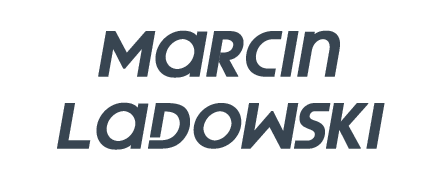What’s the Difference Between Arabica and Robusta?

If you’ve taken the time to carefully read your coffee label you might notice that it usually reads something like “100% Arabica Coffee”, even if it’s Jamaican Blue Mountain Coffee, Kona Coffee, or Colombian.
So, why is it that coffee that clearly isn’t from anywhere near the middle-east is called Arabica, and if they’re all Arabica, what’s the point of labeling it?
Arabica is a Species
Arabica coffee is a specific type of coffee plant. Coffee was originally discovered in Africa (ostensibly by a goat herder) and was later brought to Yemen, on the Arabian peninsula, where it was cultivated as a commercial crop for the first time.
Almost all of the coffee that we drink today is descended from those plants, so it’s called Arabica. However, even within the Middle East, there are different coffee varieties. For example, Mocha wasn’t always a chocolatey coffee drink, it’s based on the coffee that’s grown near the city Mocha in Yemen.
When coffee spread around the world during the colonial era, these coffee plants were affected differently by new climates and soil chemistries, resulting in the different varieties of coffee we talk about when we’re referring to Kona or Blue Mountain Coffee.
What is Robusta then?
The problem with Arabica is that it’s a finicky plant and it doesn’t have a very high yield. Robusta is another coffee variety brought from Africa that is much hardier and produces more coffee. Unfortunately it simply doesn’t taste nearly as good.
Because of this some coffee makers add robusta coffee to their coffee to keep the price down. It tastes more bitter, and is popularly added to italian espressos to improve the coffee’s crema and to round out the taste.
Otherwise robusta is used almost exclusively to make instant coffee. Because it’s so heavily processed, it’s much easier to control the flavor of the end product when you’re making instant coffee, making it a much cheaper alternative for big coffee companies.





